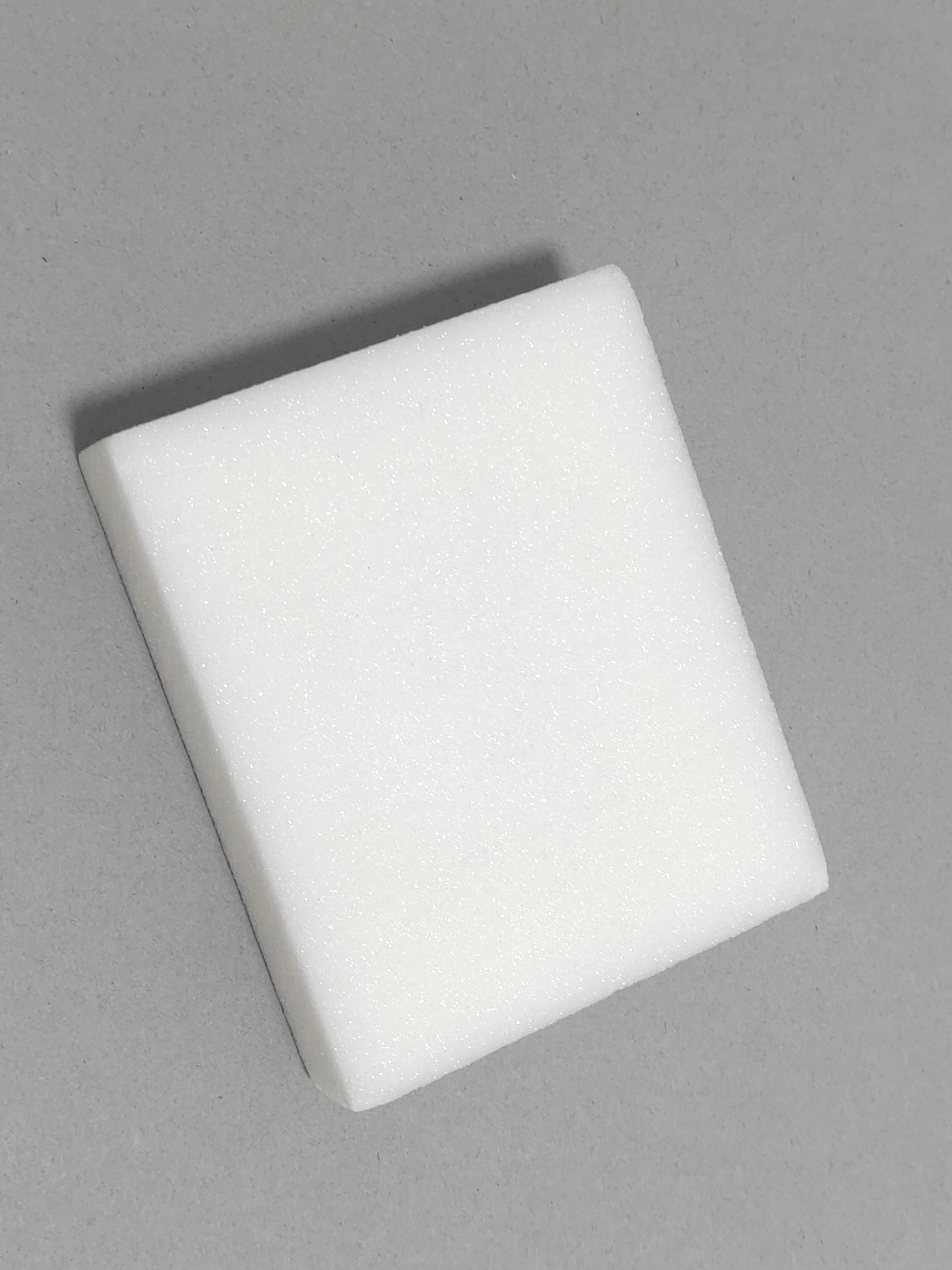
PMI Foam: The Ultimate Material for High-Performance Industrial Floats
In industrial and engineering applications, floats serve a critical purpose: they are the unsung heroes of level sensing, flow control, and safety systems. Whether it's monitoring liquid levels in a chemical tank, controlling a valve in a water treatment plant, or acting as a buoyancy aid in marine equipment, the performance of an industrial float is paramount. The ideal material must be exceptionally buoyant, impervious to chemicals, and incredibly durable. While traditional materials like plastic, stainless steel, and cork have long been used, PMI (Polymethacrylimide) foam is emerging as a game-changer, offering a superior combination of properties that are redefining reliability in demanding environments.
Beyond the Basics: The Shortcomings of Traditional Materials
While conventional materials have their uses, they often come with significant limitations when faced with harsh industrial conditions:
- Plastic (e.g., Polypropylene): Lightweight and cost-effective, but can lack the rigidity and chemical resistance needed for aggressive fluids. It can also be susceptible to long-term creep and degradation from UV exposure.
- Stainless Steel: Extremely durable and resistant to many chemicals, but it's very heavy, which reduces buoyancy and makes it less suitable for applications requiring high sensitivity or precise level control.
- Cork: Natural and buoyant, but highly porous. It absorbs fluids over time, which compromises its buoyancy and can lead to breakdown. It is also not suitable for high-temperature or chemical applications.
Why PMI Foam is the Ideal Industrial Float Solution
PMI foam's unique closed-cell structure and advanced properties make it a perfect fit for a wide range of challenging industrial applications.
- Unmatched Buoyancy and Lightweight Design: At its core, a float's job is to float. PMI foam's exceptional strength-to-weight ratio allows for the creation of extremely buoyant floats that are far lighter than their metallic counterparts. This makes them ideal for systems where even small changes in liquid level need to be detected with high precision.
- Superior Chemical Resistance: Unlike many plastics, PMI foam is highly resistant to a vast range of chemicals, including oils, fuels, and many acids and bases. Its closed-cell nature ensures that these fluids cannot penetrate the material, preventing absorption, degradation, and contamination. This makes it a go-to choice for the oil and gas, chemical processing, and wastewater treatment industries.
- Outstanding Thermal Stability: Many industrial processes involve high temperatures. PMI foam can withstand continuous temperatures up to 180°C (356°F) without losing its structural integrity or buoyancy. This high thermal resistance ensures reliability in hot liquid tanks, boilers, and other high-temperature applications where traditional materials would fail.
- Exceptional Durability and Longevity: Industrial floats often face constant wear and tear. PMI foam's high compressive strength and rigidity make it highly resistant to crushing, impact, and abrasion. This robustness ensures a long service life, reducing the need for frequent maintenance and replacement.
Applications Redefined by PMI Foam
PMI foam is already being used to great effect in a variety of industrial floats, including:
- Level Sensors: Providing a stable and reliable float for liquid level detection in tanks and reservoirs.
- Valve Control: Used in valve-actuating floats that require a precise and consistent response to liquid level changes.
- Marine Buoyancy Aids: Providing lightweight, durable, and non-corrosive buoyancy in challenging saltwater environments.
- Wastewater Management: Standing up to the harsh chemical and biological conditions of wastewater treatment plants.
By providing a solution that is lighter, more durable, and more resistant to chemicals and heat than any traditional material, PMI foam is truly revolutionizing the world of industrial floats. It offers engineers and manufacturers a material that ensures higher reliability and greater precision, reducing maintenance costs and improving overall system performance in the most demanding environments.

PMI foam,PMI foam core
Latest News




